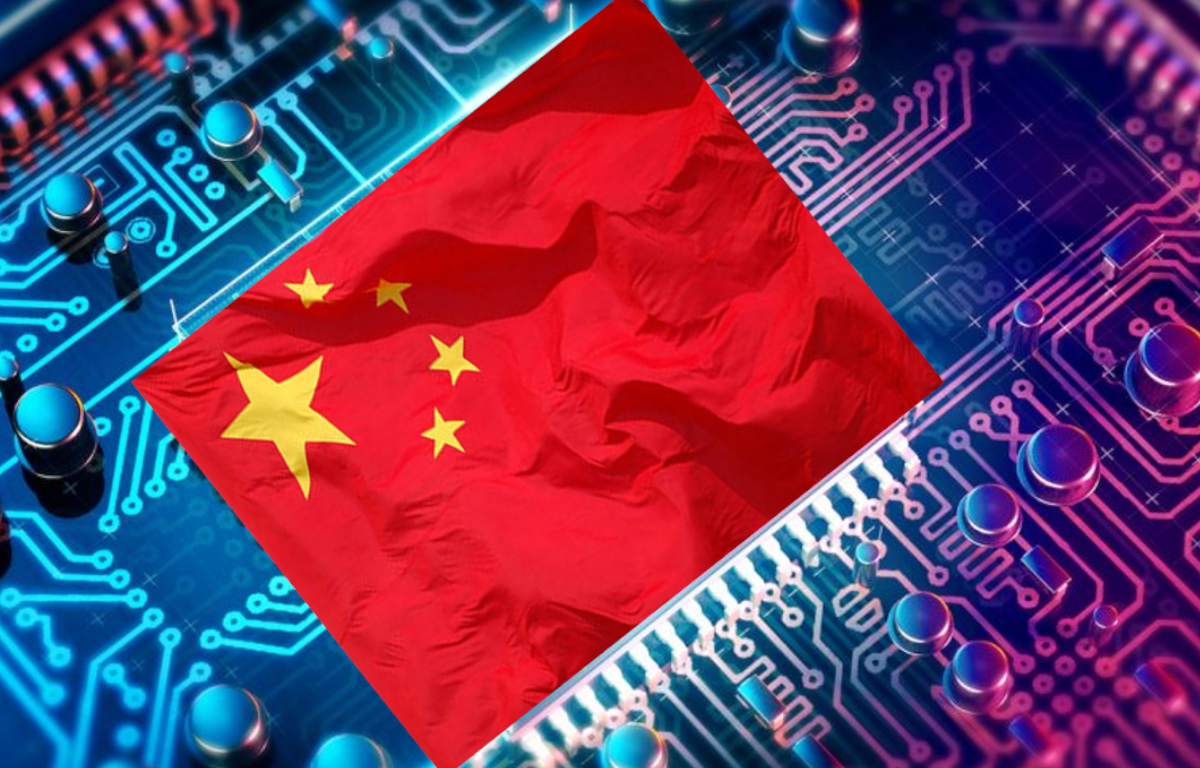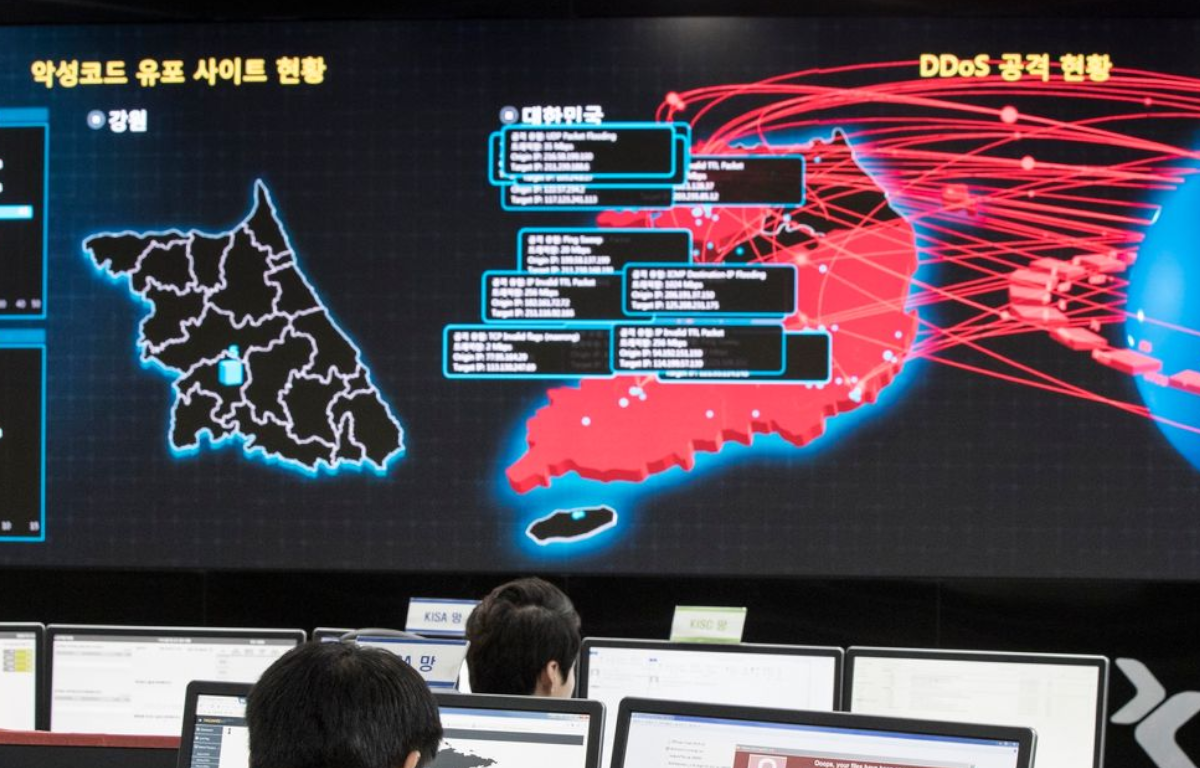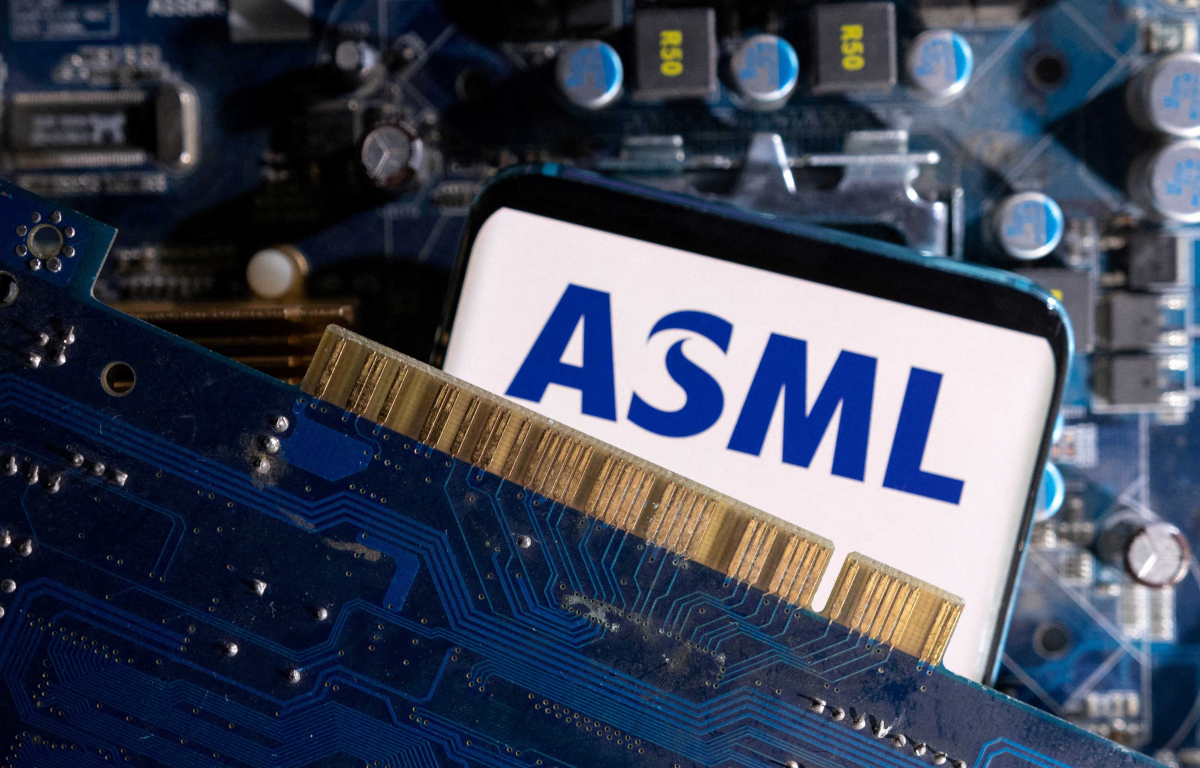
By opting for less expensive hobbled Nvidia cards, China manages to bypass the premium price tag associated with top-of-the-line GPUs while still obtaining the required computational firepower. This approach aligns with China’s goal of rapidly advancing its AI capabilities without draining its resources on exorbitant hardware costs.
While this strategy presents a creative solution to a pressing problem, it also raises concerns. Critics argue that purchasing hobbled GPUs could lead to reduced quality in AI models due to potential limitations in hardware performance. However, proponents of the approach contend that the computational disparity between premium GPUs and hobbled versions might not be as significant as assumed, especially for specific AI training tasks.
Furthermore, this strategy underscores the ethical dilemmas associated with AI development and deployment. The global tech community is grappling with issues related to responsible AI use, data privacy, and the potential for AI to perpetuate biases. China’s unique hardware approach adds another layer to these ongoing discussions.
China’s acquisition of hobbled Nvidia cards is a testament to the fierce competition in the AI arms race. The unconventional hardware strategy exemplifies the nation’s determination to push the boundaries of AI innovation regardless of the challenges posed by hardware limitations.
As nations continue to vie for AI supremacy, it is becoming clear that creativity and adaptability are as crucial as raw computational power. China’s approach challenges traditional notions of hardware requirements for cutting-edge AI development, prompting a reevaluation of how computational resources can be optimally utilized.










Share this: